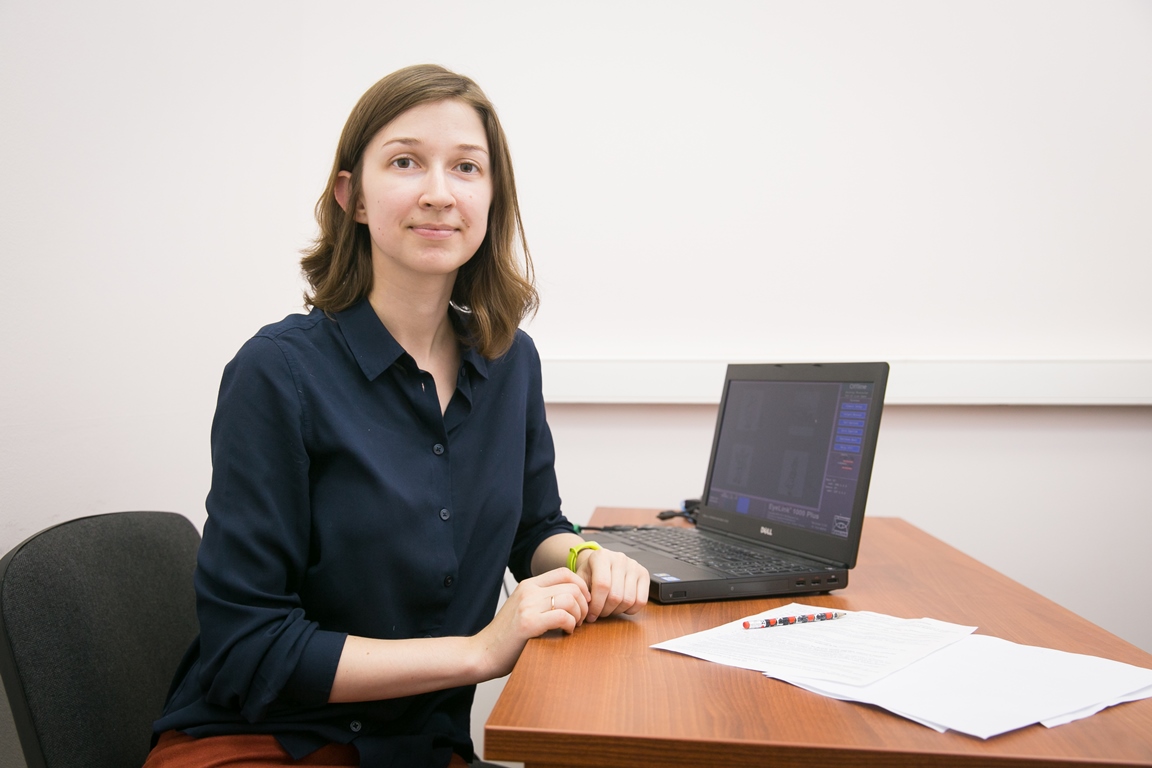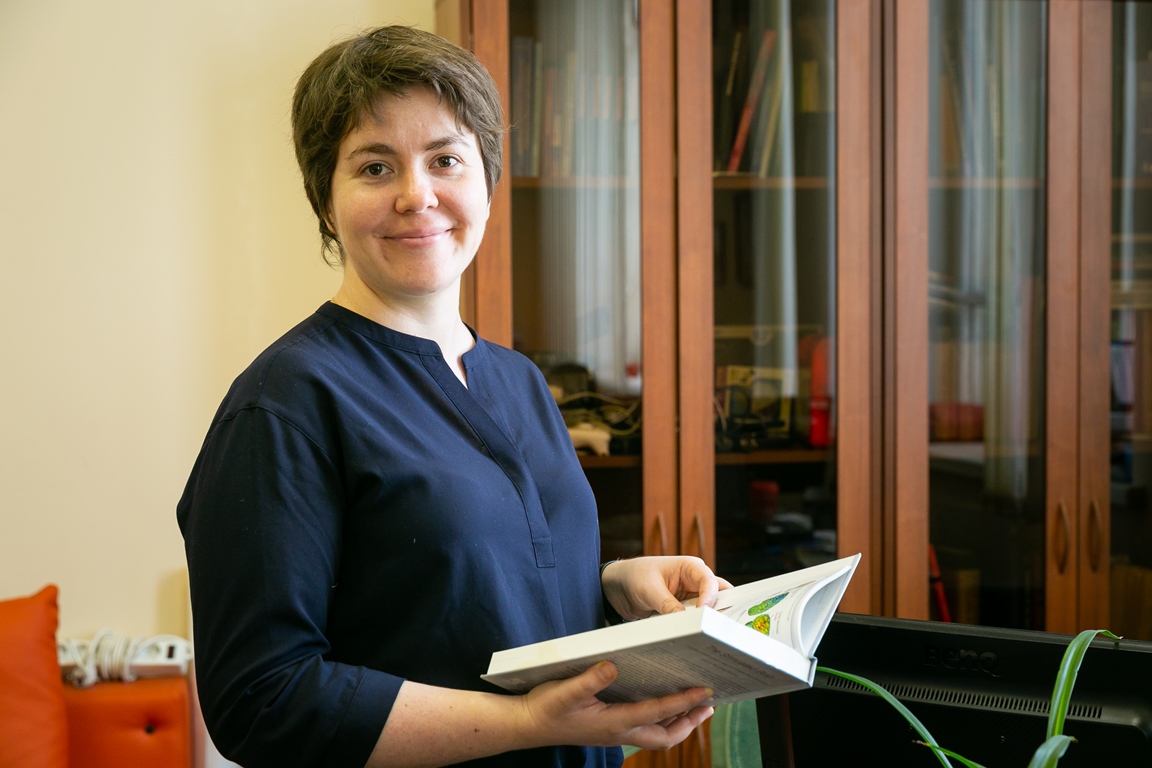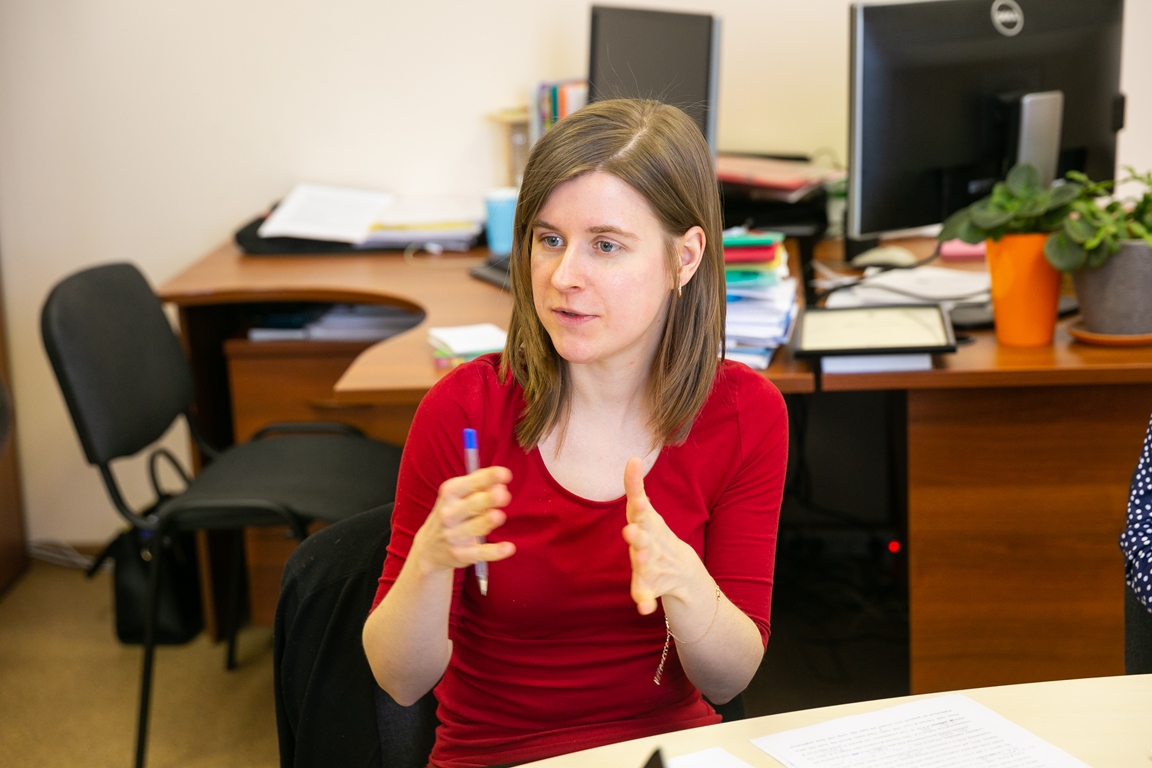Centre for Language and Brain Opens at HSE
The Centre stems from the International Neurolinguistics Laboratory and brings together researchers in clinical linguistics, special needs education, psycholinguistics, bilingualism, child speech, and gerontolinguistics. The Centre’s academic supervisor is Roelien Bastiaanse, Professor from the University of Groningen (the Netherlands), a researcher into clinical linguistics and founder of EMCL and IDEALAB, unique international educational programmes.
The leaders of research areas at the Centre spoke to us about the studies they conduct.

Olga Dragoy, Director of the Centre: clinical area
The Centre for Language and Brain has inherited the clinical research from its previous incarnation, the Neurolinguistics Laboratory, but is also discovering new cutting-edge areas of research. We carry out fundamental research into aphasia. We study the correlation between brain matter damage and language dysfunction. We detect the critical brain areas, the injury of which during stroke or other pathology leads to dysfunction in a certain aspect of speech.
The Centre studies brain lateralization of speech function in people without brain pathology. For example, we use an MRI to detect the speech-related activity in the left or right hemisphere, depending on the person’s dominant hand. When you do a surgery on a left-handed person’s brain, you can’t be sure that their language functions are ‘on the right’.
Our Centre’s staff takes part in awake brain surgeries carried out at the Pirogov National Medical-Surgical Centre in Moscow and other clinics. This year, together with our colleagues from HSE in Nizhny Novgorod, we started participating in such surgeries in Nizhny Novgorod.
Our task as neurolinguists is to provide intraoperative brain mapping, which helps locate the brain areas critical for speech, and shape the boundaries of safe resection for the surgeons.
We are aiming at suggesting an individual solution for each patient based on their needs. For example, once we assisted in surgery on a music teacher, and it was essential to preserve an ear for music for her, in order to help her stay in the profession. During the surgery, she was offered pitches and music passages that she had to distinguish or identify.

Anna Laurinavichyute, Junior Research Fellow: psycholinguistics
One of the essential areas for the Centre is research into reading in the Russian language. The first paper with the results of our large-scale project on reading among almost a hundred native Russian speakers has been approved for publication.
Until recently, nothing was known about reading in Russian, although it is the sixth most spoken language in the world. So, we did this basic but necessary work: we took a substantial collection of various phrases from existing texts and recorded Russian speakers reading them. This is a basis for comparison, on the one hand, with other languages, and on the other hand, with atypical demographics (children learning to read, elderly people, patients with aphasia, bilinguals and speakers of Russian sign languages).
One more area of psycholinguistics that is being developed at the Centre is about eye movement control in the Visual World Paradigm. Another problem that we study is how well we understand what we hear or read. Linguistic theory can explain how humans analyze sentence syntax and retrieve from it the information on who did what to what. But despite the fact that a human is able to sort the syntax out, they don’t always do it. We are interested in why this happens, and we already have a hypothesis to work on.

Mariya Khudyakova, Junior Research Fellow: bilingualism
Almost any research that we do in neuro- and psycholinguistics can be carried out with the participation of bilinguals, people who have two mother tongues. Our goal is to devise and carry out experiments that demonstrate how two languages live in one brain, and how the two systems interact. This is a problem at the intersection of neuro- and psycholinguistics, dialect linguistics, and even sociolinguistics.
For example, it is known that when two groups of speakers of different languages live on one space, they borrow elements from each others’ language. It is interesting to see how the vicinity of two languages can influence specific people. We know that certain categories characteristic of one language can be lost under the influence of another, more dominant, language. For example, we’ve studied bilingual children speaking Russian and German, and found out that the category of grammatical aspect, characteristic of the Russian language, vanished in their speech under the German influence as they moved to Germany.

Anastasiya Lopukhina, Research Fellow: child speech
The child speech group at the Centre for Language and Brain studies the development of speech in children. We are interested in how children master the language, and what stages they pass as they learn to speak a native language. We work with kids of different ages: infants over 6 months, kids aged 2 to 6 years, elementary school children, and teenagers aged 13 to 17. Our research uses behavioural methods, eye movement recording, electroencephalography (EEG), and magnetoencephalography (MEG).
In June, we are launching a project to study infant speech. We’ll be looking at infants aged 7 to 12 months with the use of electroencephalography in order to find out at what age they start identifying combinations of sounds typical and non-typical for their native language.
We also focus on speech understanding disorders, for example, in children with specific language dysfunctions and autism spectrum disorders. The Centre has developed a standardized test, which is the only one of its kind in Russian, that helps diagnose children’s speech development (both normal and in kids with delayed speech development). There have been no such studies for Russian-speaking children before.

Svetlana Malyutina, Deputy Director of the Centre: gerontolinguistics
We study age-dependent characteristics of language processing in adults. We carry out psycholinguistic experiments that compare the processes of evolution and understanding of speech in younger and older people. Our tentative definition of older age starts at 60.
Research demonstrates that with ageing, older people start perceiving speech differently: for example, they rely more on the context and guessing, than on precise comprehension. The principles of building a discourse, a connected text, change; These issues are still not studied enough: what specifically changes in language processing? What factors influence this? What is the contribution of age-related changes in hearing, vision, memory and general cognition speed? Are there any positive age-related changes? Yes, there are: for example, vocabulary grows with age, and while it’s harder to remember the words, the total number of words known grows.
I hope that as a result we’ll be able not just to make theoretical conclusions, but to create methods that help people minimize communication problems at any age.
